Here to Make NICE and Changes to the Asian American Canon
Writer, actor, and filmmaker Naomi Ko expands the conversation on representation in media, asking what it means to create a TV show about your home and community when the world doesn’t believe you’re from there—and what it means to create for your community when parts of your community do not accept your work.
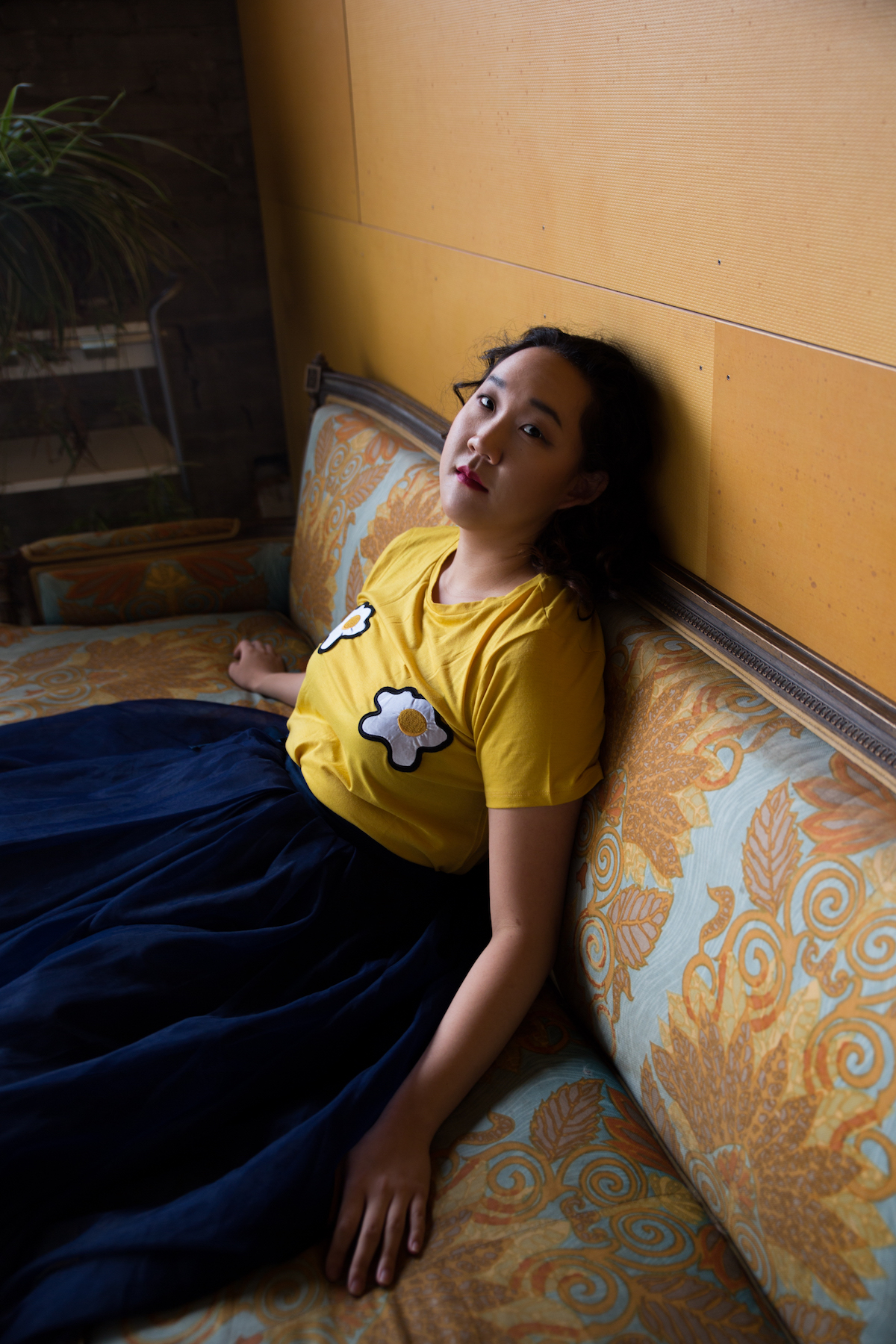
“It doesn’t feel like my story.”
“This doesn’t really represent us.”
“This story doesn’t seem believable.”
It’s not the first time I’ve heard comments like these. I get it. I’m a Korean American woman from Minnesota. My mother makes her own kimchi in our garage and the beautiful, yet pungent, smell has caused a couple neighbors to call the gas company to report a “leak” to the neighborhood.
(Hint: it was the kimchi.)
This kind of fish-out-of-water feeling is not new. White creative writing professors in college used to comment about how things needed to be more “Korean.” Or more “American.” A white professor asked if I could talk about the “identity crisis” or the push and pull of trying to act “Korean and American.” The comments are annoying, but every Asian Pacific Islander American (APIA) has heard it too. Most of us have dealt with this our whole lives, but we have a lot more to talk about than the old country and new country narratives.
So when I created NICE—a television series (the pilot premiered at the 2018 Tribeca Film Festival) that follows Teddy Park, a 20-something Korean American Minnesotan who decides to be the meanest asshole after she finds out her breast cancer has recurred—I thought I was going to receive resistance from the white “mainstream” Minnesotan culture. My show isn’t about the “push and pull of a standard, Korean American, daughter-of-immigrants identity crisis.” It is a story of a conflicted woman who is trying to figure out how to be a good person in a world that values niceness and good intentions instead of big hearts and good deeds.
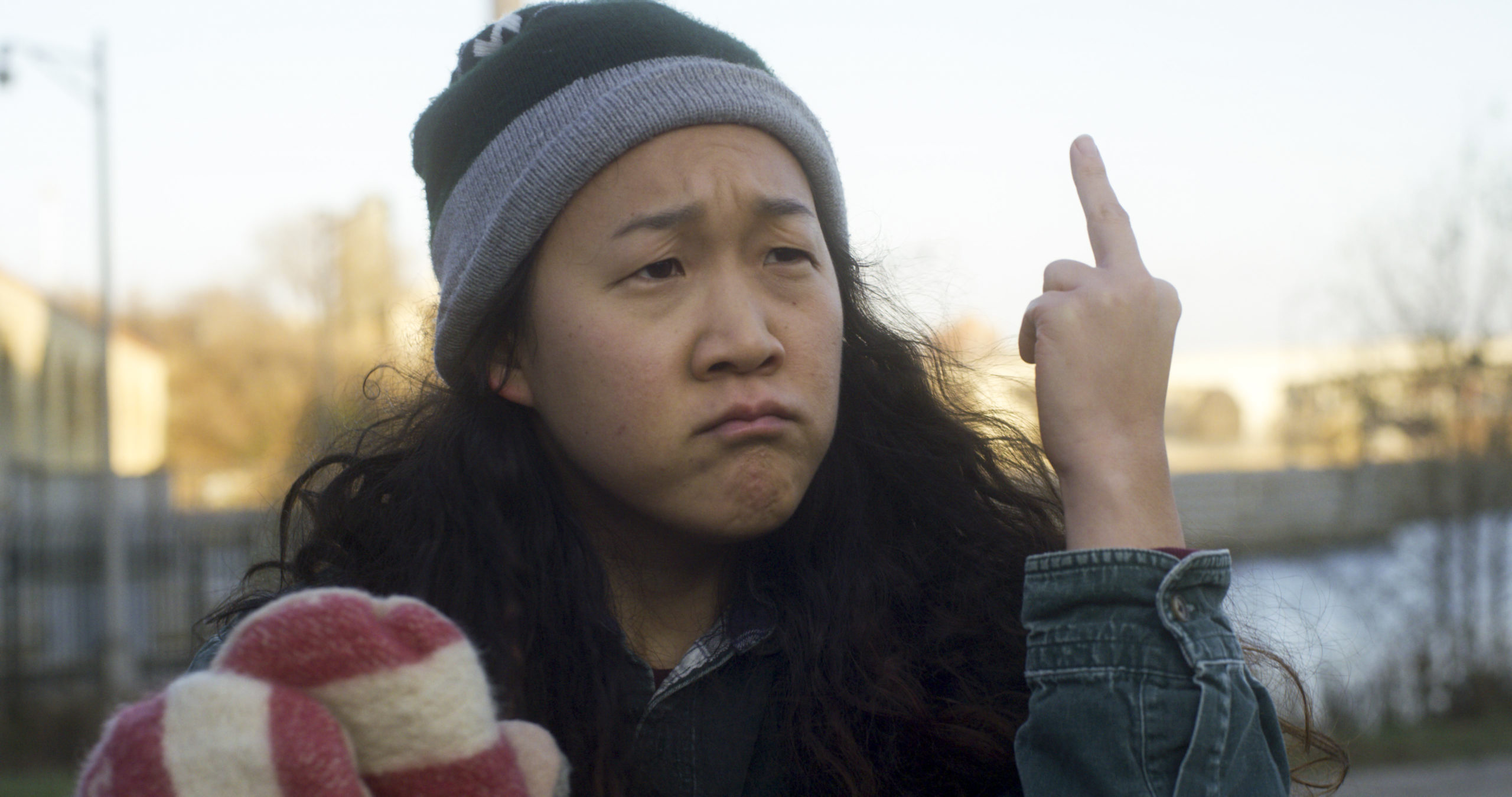
I, again, expected that white Minnesotans would say that my TV pilot and series could never represent or be a representative of the Minnesotan experience.
When our production team from NICE did a screening in St. Paul over the summer, we received an overwhelming positive response from all Minnesotans, from all different races, genders, and socio-economic backgrounds—and I felt joy and an immense amount of pride that my work impacted so many people. Many Minnesotans (who, like me, share a love and hate relationship with the film Fargo) thought NICE was a closer representation of modern Minnesotan life. Fuck, that was a moment of pride.
However, those similar comments came back—comments like, “This show doesn’t feel like it’s about us,” and more. Surprisingly, they came not from the people I expected—white Minnesotans—but rather from some members of the broader APIA and Korean American community.
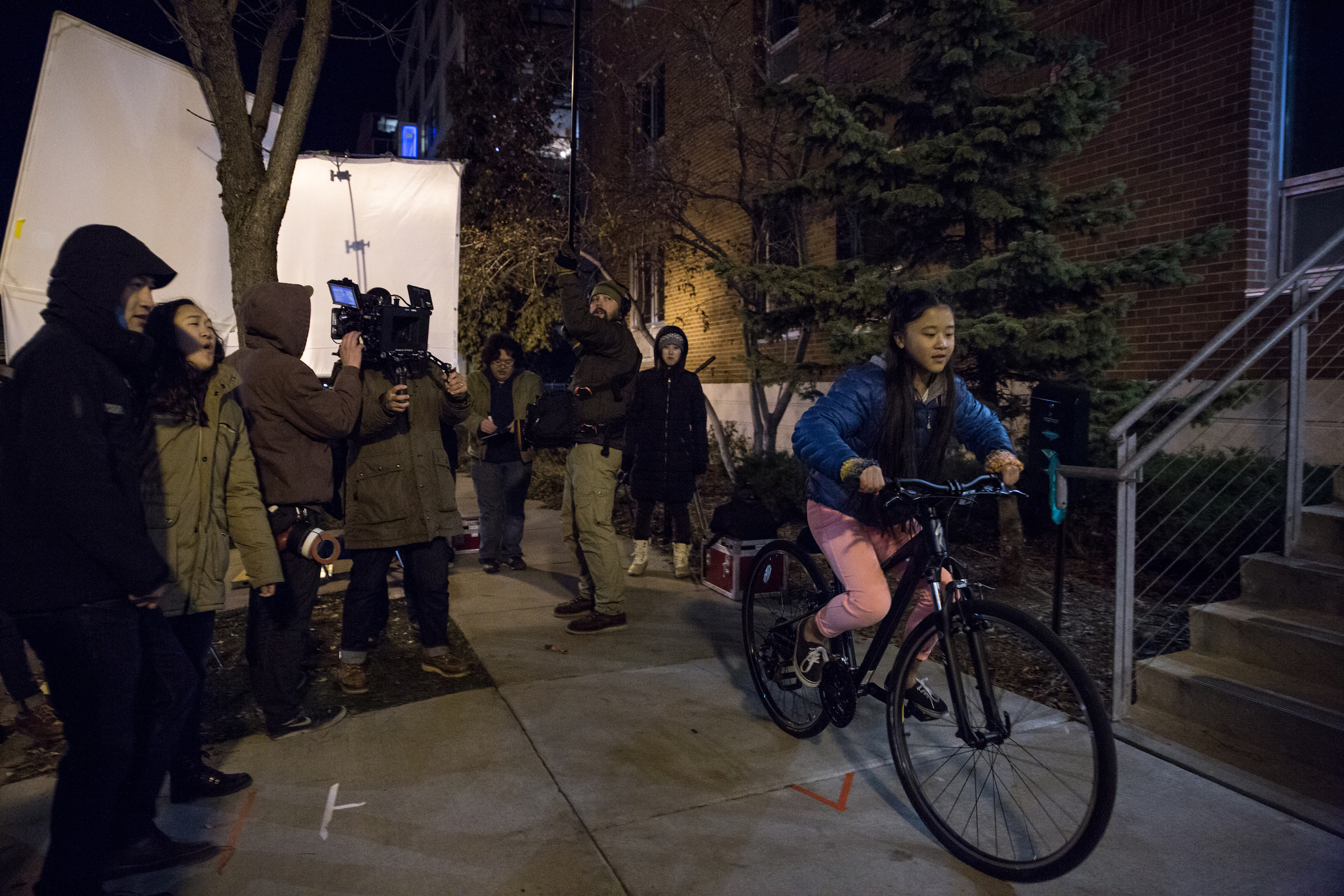
As a cis young woman of color working in film, television, and Hollywood, you expect racism, sexism, and ageism. You wish that you wouldn’t encounter these things, but hey, it happens and you persevere. I was surprised to see the lack of support from members of my own community. Sure, I shouldn’t take for granted that Asian Americans and Korean Americans will always support my work, but when representation is so minimal, and when your work is so stark, as well as it representing such a different part of Asian American, Korean American, Midwest American, Minnesotan American—fuck, how many different types of American subcultures am I gonna have to list here?—then what is a Korean American woman to do? What does it mean to create for your community when parts of your community do not accept your work?
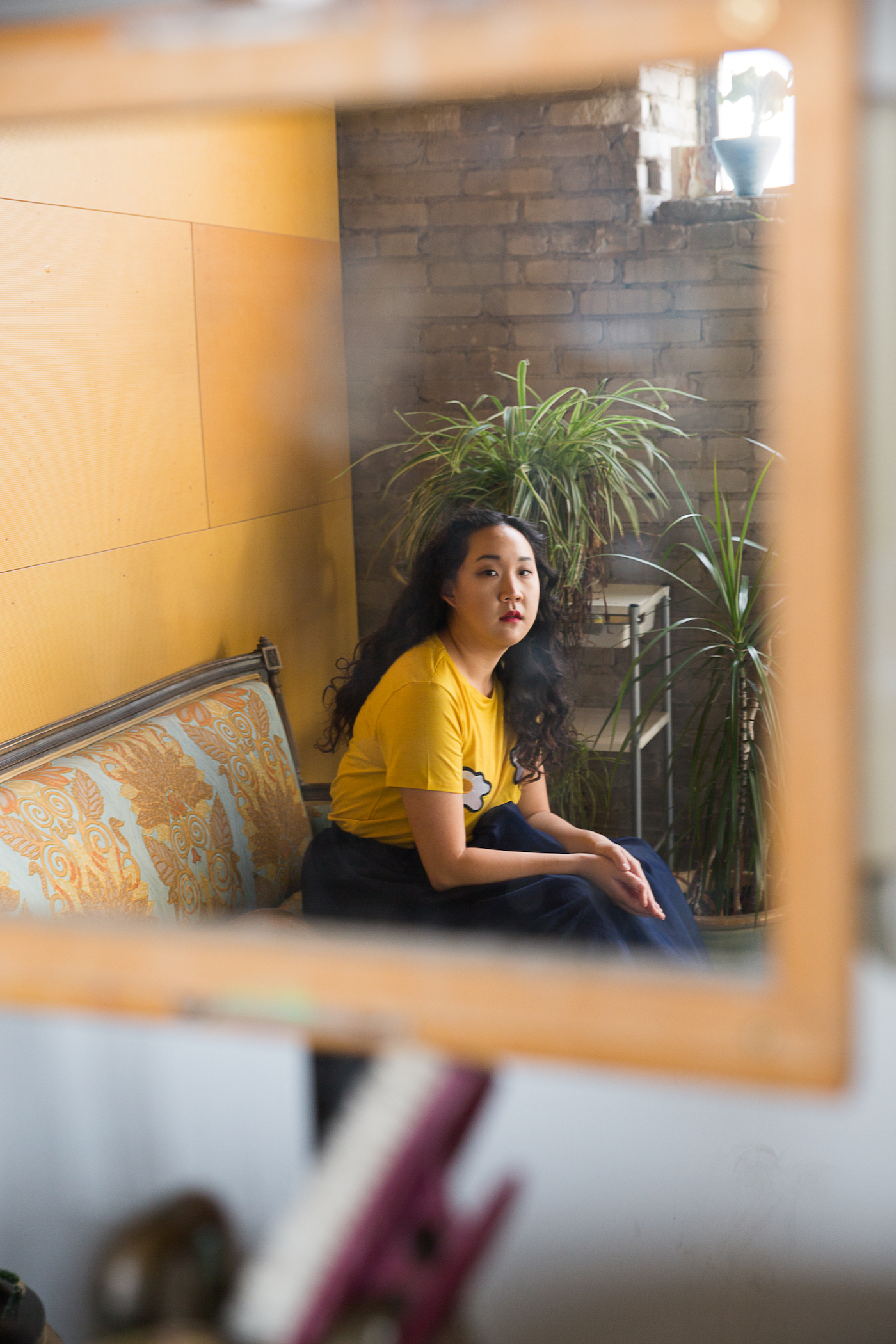
I love working and creating film and television work. I love the visual medium, and I love how it has the opportunity to impact so many people. It’s an artistic form that has the power to influence, and to reach millions of viewers. I want people to watch my film and TV work and see a “different” world, but realize that we have so much in common. I want people to laugh and cry with me, and realize the humanity of myself and my community.
This is why I created the Asian Pacific Islander American Minnesotan Film Collective, a three(ish)-year initiative to train the emerging class of APIA Minnesotan filmmakers. Often we feel isolated. We don’t live in Los Angeles or New York City, the two biggest film and television centers, and also the biggest areas that house a larger Asian American community. Minnesota does not have a prominent film and television culture, and the existing culture does not have a strong POC and APIA presence, but we are no less a part of these communities.
As an Asian Pacific Islander American in Minnesota, we have a particular advantage and angle to promote to our race, ethnicities, religions, sexualities, and genders. We are from America’s “heartland.” Disgruntled viewers and cynics can’t lump us with the “coastal elites.” Many of us hunt. Many of us fish. Many of us watch the Vikings, Timberwolves, Twins, Gophers, Wild—like so many Minnesotans—and end up in being disappointed in our sports teams. Many of us watch the Lynx and rejoice that at least we have one excellent sports team. We thrive in the cold and shit on the garbage state that is Wisconsin.
As of now, there are no mainstream APIA films and TV series that are created by and starring APIA Minnesotans. (We’re trying to make that happen with NICE.) And while there are such few APIA films and TV series in general, often these narratives are based and about those who live in New York or Los Angeles. That’s fine. Those narratives are needed. Ours is needed, too.
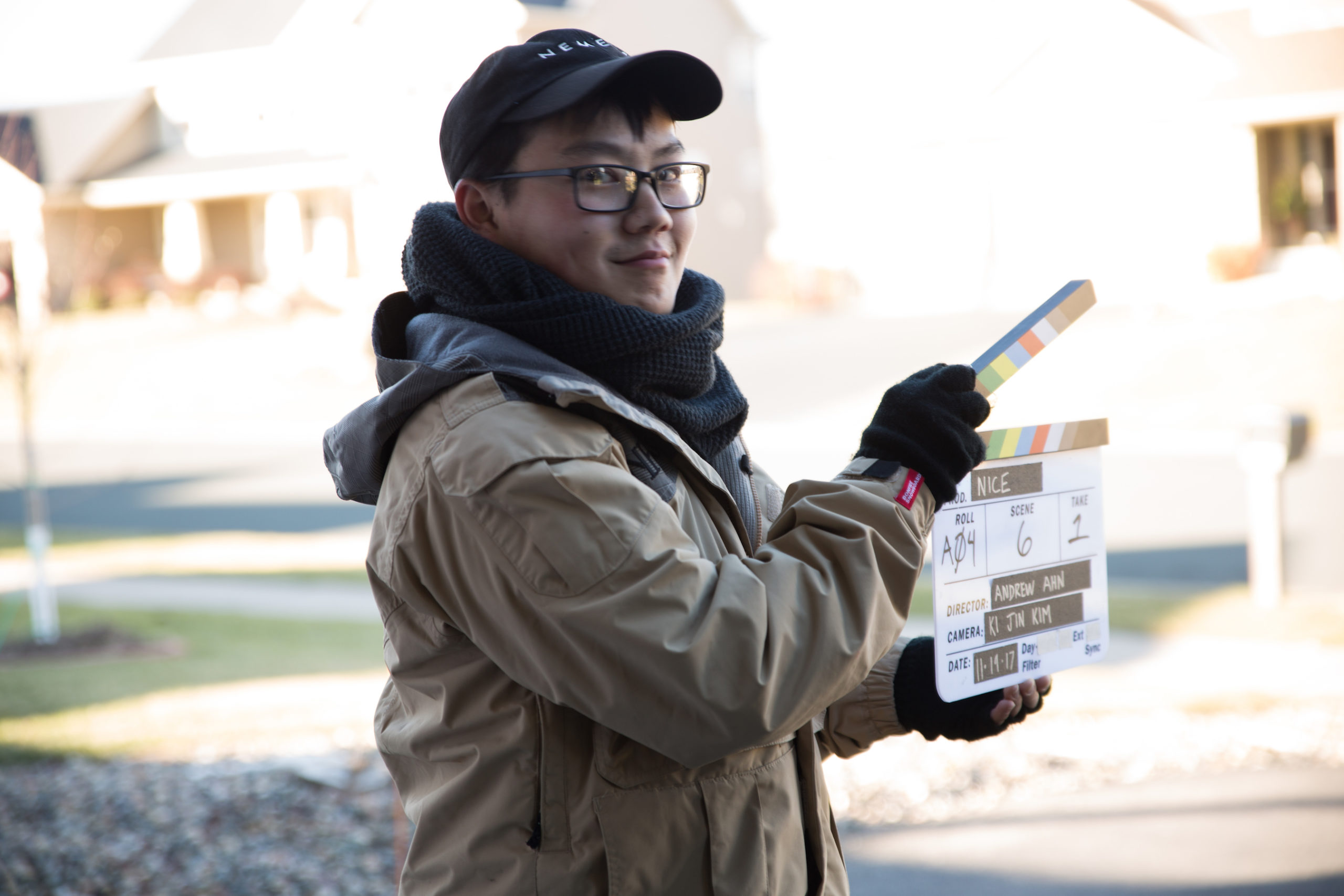
The APIA MN Film Collective is here for this reason. Narratives from here. We’re in our first year focusing on screenwriting under the mentorship of really cool APIA working professional screenwriters from Hollywood and the industry. The goal for the second year is to bring over a handful of national APIA projects to Minnesota to help train our filmmakers right on set. We want to work with the award-winning, commercially successful established filmmakers to give us the tools to do our own productions and to level up. In year three, we need to secure capital so that our filmmakers can see their stories turn into films.
I know how hard it is to make something happen if you’re an Asian Minnesotan filmmaker. Yes, the cost is a deterrent. NICE’s total budget was $48,000 when it really should have been $100,000. We got lucky, but still, our production is in the red until we can sell the pilot. But there was and is an emotional and mental cost. This shit is constantly stressful.
What if this wasn’t enough?
What if I wasn’t enough?
What if NICE doesn’t sell?
Was it worth it?
Was it worth it for all those who believed in me and made so many sacrifices to help make my dream happen?
Yes. Yes, it was worth it. NICE was worth it. Because at the end of the day we created something that was authentic and something that spoke true to the Asian Minnesotan experience. This is why we’re doing this. This is why the APIA MN Film Collective exists. We want to entertain, to celebrate, and to also have the chance to humanize our stories in a way that they’ve never been before. Now’s the time, join the fun, and don’t miss out. We’re here, we’re ready, and we’re doing it.
I refuse to wait for the culture to change.
I refuse to wait for Hollywood to “discover” our unique stories.
I refuse to wait for the rest of Asian America to to validate our experience.
We’re gonna do this shit on our own and we’re gonna create such dope works.
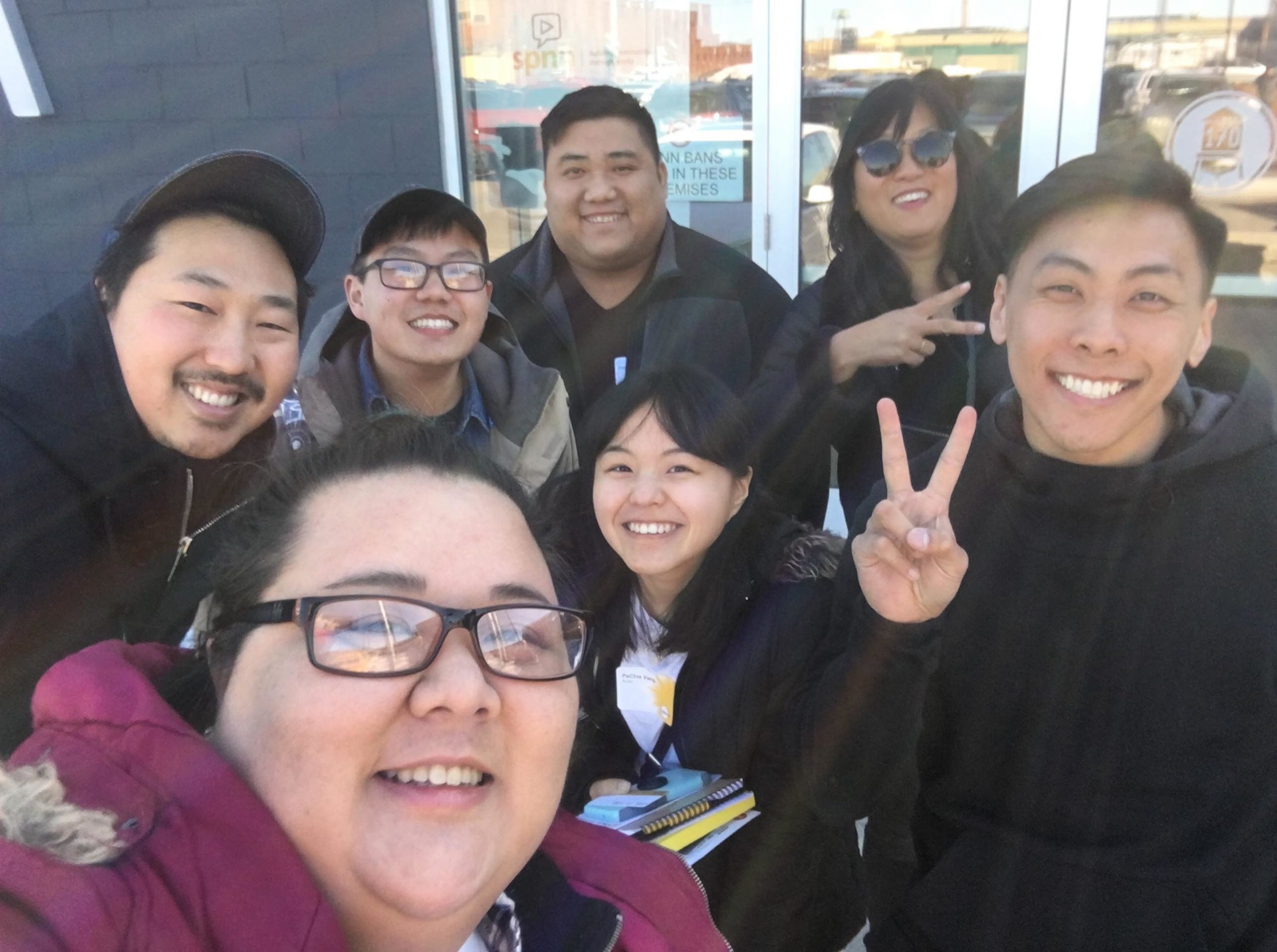
This piece was commissioned and developed as part of a series by guest editor Saymoukda Duangphouxay Vongsay.